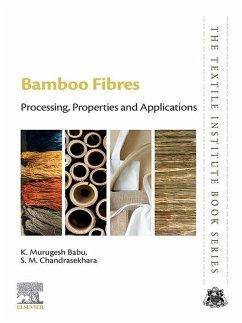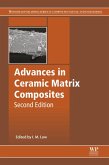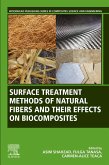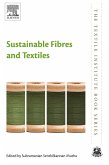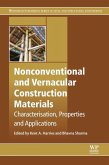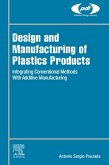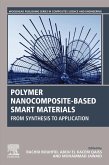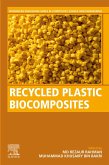Bamboo fiber is a cellulosic fibre regenerated from the bamboo plant. It is highly sustainable being fully biodegradable and has strength comparable to conventional glass fibers. It has many other valuable characteristics, being bacteriostatic, antifungal, antibacterial, hypoallergenic, hydroscopic, a natural deodorizer, and resistant to ultraviolet light. Furthermore, it is highly durable, stable and tough and has substantial tensile strength. Due to its versatile properties, bamboo fibers are already used in the textile industry to make garments, in biomedical applications due to its antibacterial qualities, and many other areas.
- Explores special technical properties of bamboo fibers, including antimicrobial, bacteriostatic, antifungal, antibacterial, hypoallergenic, hydroscopic and mechanical properties
- Provides innovative knowledge on the production of bamboo fibers, including the blending of yarns and fabrics
- Explains the broader techno-economics of bamboo fiber production, covering the social as well as environmental sustainability of the material
Dieser Download kann aus rechtlichen Gründen nur mit Rechnungsadresse in A, B, BG, CY, CZ, D, DK, EW, E, FIN, F, GR, HR, H, IRL, I, LT, L, LR, M, NL, PL, P, R, S, SLO, SK ausgeliefert werden.

